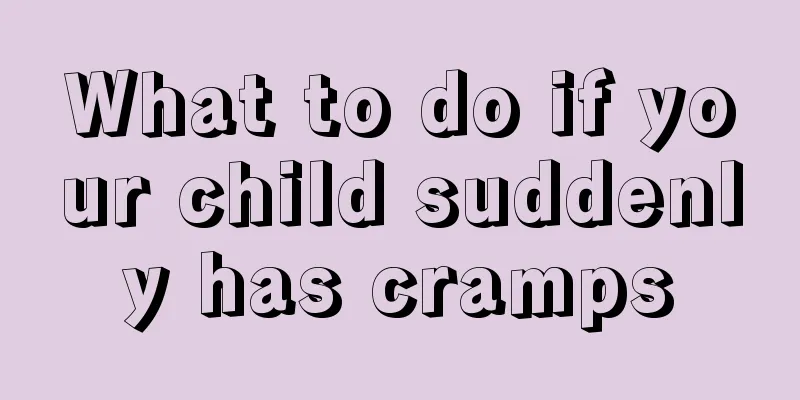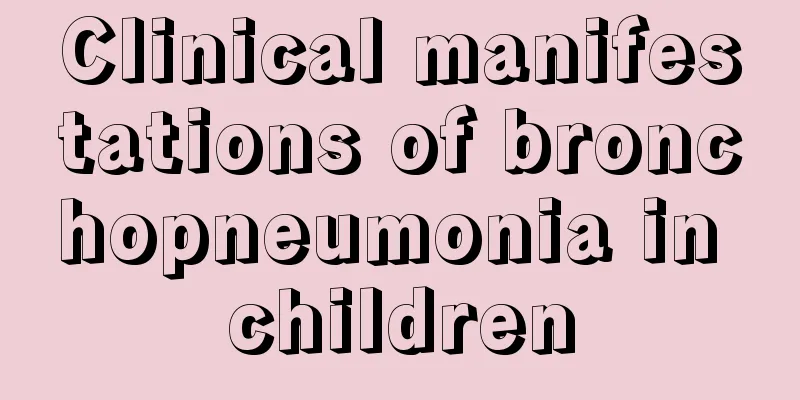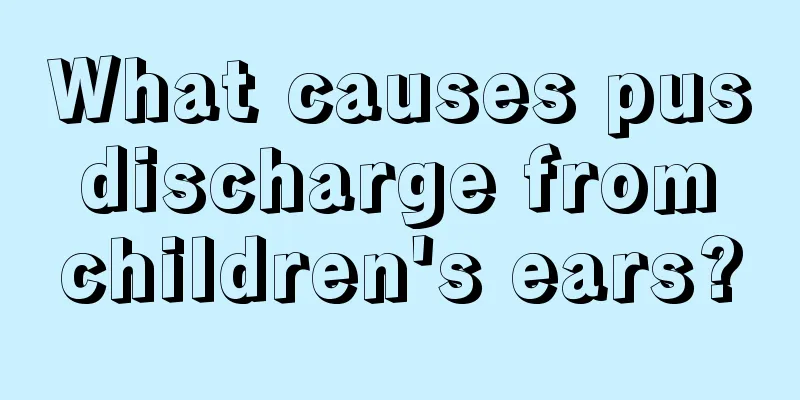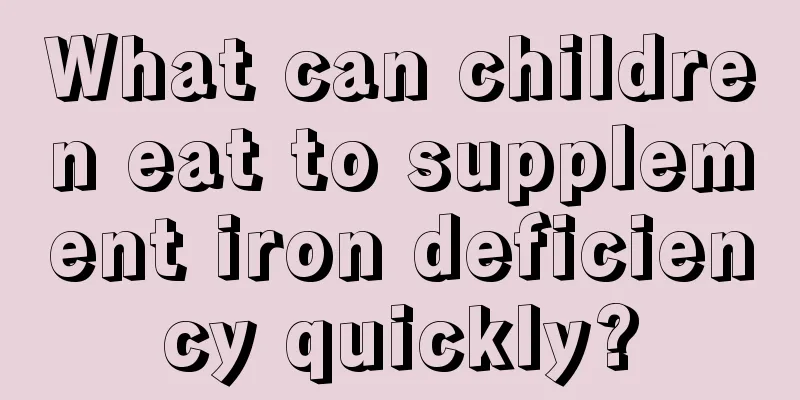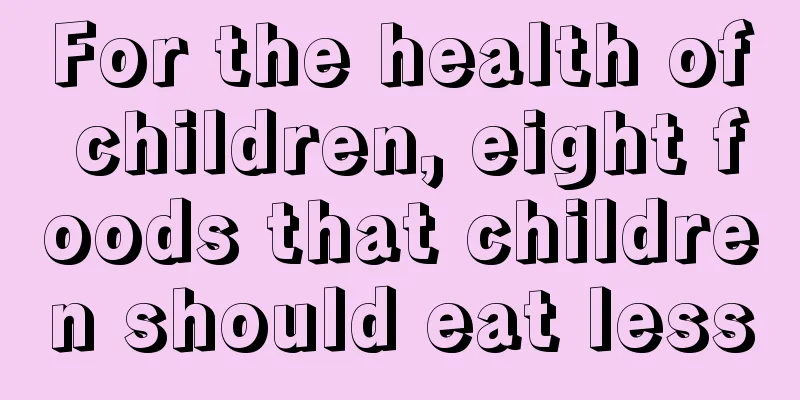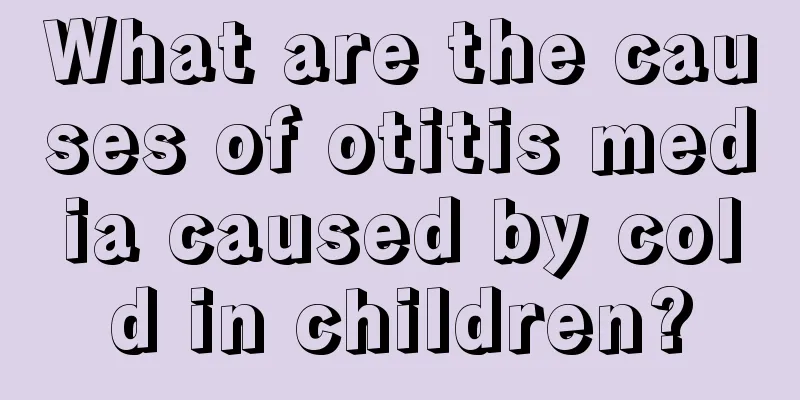Does your child have allergic rhinitis?
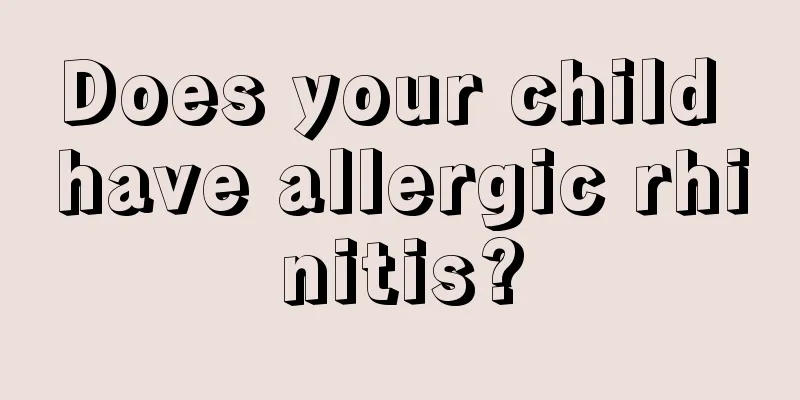
|
Allergic rhinitis in children is a very common disease. Children with allergic rhinitis will experience sneezing, itchy nose or runny nose. These symptoms are generally caused by external factors. Most children's allergic rhinitis looks similar to adult allergic rhinitis, so it is often easily ignored. Children's allergic rhinitis must be treated in time to avoid repeated recurrences and other complications. Allergic rhinitis in children is also called pediatric strain rhinitis. Among pediatric rhinitis, it includes acute rhinitis, allergic rhinitis, chronic simple rhinitis, chronic hypertrophic rhinitis, atrophic rhinitis, dry rhinitis, caseous rhinitis, and eosinophilic rhinitis. Allergic rhinitis in children is the most common type of rhinitis in children. It is a chronic disease of nasal mucosal congestion, with the main symptoms of itchy nose. Children will rub their noses constantly, have clear runny nose, sudden coughing at night, etc. Therefore, it is very easy to be confused with a children's cold. But unlike colds, allergic rhinitis in children usually occurs when the climate changes, the seasons change, when getting up in the morning, or when there is too much dust in the air. However, generally speaking, allergic rhinitis in children only lasts for 10-20 minutes each time and may occur intermittently during the day. Symptoms of allergic rhinitis in children [Itchy nose and continuous sneezing] Itchy nose (children often rub their noses) and sneezing (usually sudden and severe). There are often several episodes of continuous sneezing every day, followed by nasal congestion and runny nose, especially in the morning and at night. Or you will sneeze continuously when you go to another place. [A lot of clear nasal mucus] When you sneeze, a lot of nasal mucus will flow out, which is mostly clear water mucus, and it may be purulent mucus when infected. [Nasal congestion] Alternating nasal congestion occurs, and the need to breathe through the mouth causes dryness and sore throat. The degree of nasal congestion varies, and it can be unilateral or bilateral, intermittent or continuous, or alternating. [Olfaction disorder] If it is caused by mucosal edema or nasal congestion, it is usually temporary. Those caused by persistent mucosal edema leading to olfactory nerve atrophy are mostly persistent. [Dizziness and headache] If the sneezing phenomenon is severe, it is likely to cause dizziness and headache. Parents should notice when their children are unwell in time. [Red, itchy and even tearful eyes] If you sneeze for a period of time and rub your eyes frequently because of itchy eyes, your eyes will become red and even tearful. [Cough] Because of nasal congestion, you need to breathe through your mouth frequently, which causes dry throat and even sore throat, and coughing may occur. |
<<: What to do if the baby does not grow teeth at eight months old
>>: What to do if your child has allergic rhinitis?
Recommend
Warm-up exercise methods for children
The physical fitness of many young children is ge...
What are the symptoms of encephalitis in a five-year-old child?
Because children have weak body resistance when t...
How to treat children’s itching at night?
If a child feels itchy at night, he or she will b...
How should I educate a rebellious two-year-old baby?
When the baby is two years old, he will experienc...
Introduction to Child Development Standards
In fact, many young parents have no experience in...
What is the condition of a child's runny nose?
Sometimes children will have a runny nose after c...
What to do if your child has a fever and leg pain
What to do when a young child has a fever and leg...
What to do if baby has rhinitis
Allergic rhinitis is mainly a reaction caused by ...
The baby's bones always make noises
Since babies' bodies are not fully developed ...
How to treat children's heart fire and liver heat
Children are the apple of their parents' eyes...
Baby booger deep in nose
The baby's body is not fully developed yet, i...
Is it good for children to drink honey water on an empty stomach?
We all know that honey is a very good food. It ca...
Why do children lose their hair?
We adults lose hair every day, but children hardl...
The baby has a fever, convulsions and rolls his eyes. What's going on?
Many times we take care of our children meticulou...
What should I do if my child sprains his ankle?
Children are lively and active, they like to run ...
